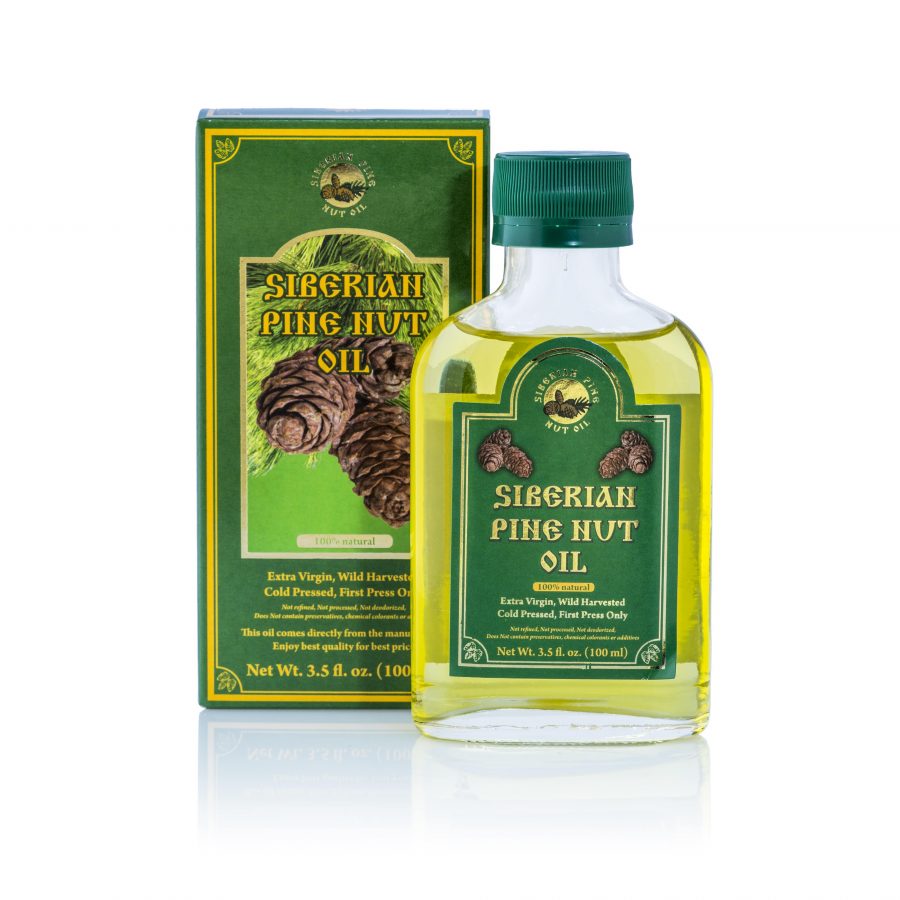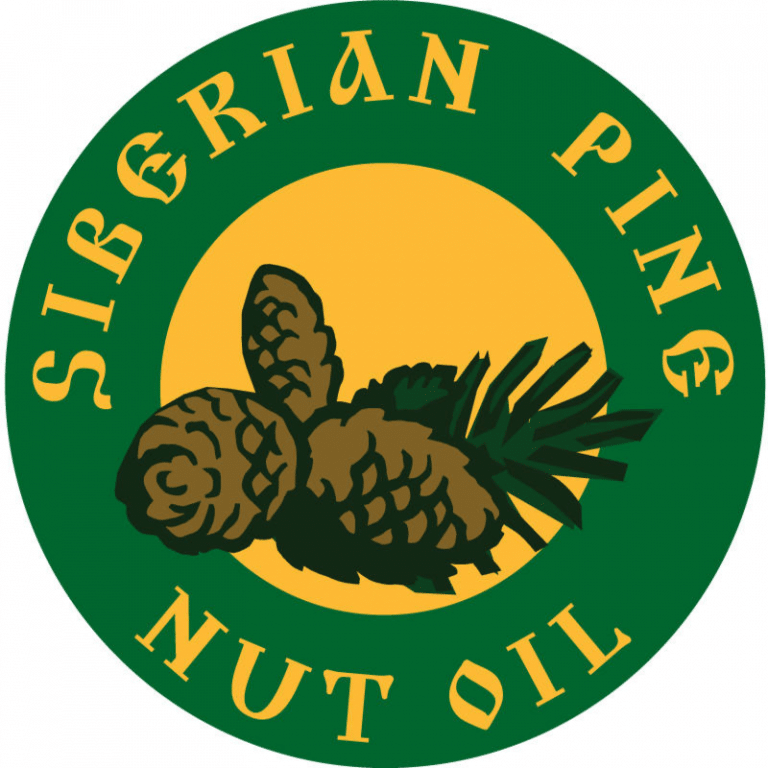Pine Nut Oil For Ulcers And Gastritis

In line with the data found in the literature, the conclusion may be drawn that various types of oils have high therapeutic effectiveness. They are used for the treatment of inflammatory-type diseases, regardless of their origin. Pine nut oil is a natural product that has been used in alternative medicine since ancient times. It differs from other oils because of its composition and healing effects, and for this reason, is widely used in diseases of the digestive system.
Testing Pine Nut Oil for ulcer and gastritis treatment
The Tomsk Scientific Research Institute of Spa Medicine and Physical Therapy carried out clinical trials of how does cold pressed extra virgin Siberian pine nut oil cure gastritis and ulcers on patients. The study was performed to determine the therapeutic effectiveness of the substance. The oil was used for an external application using phonophoresis and was taken internally. Thanks to this, objective and subjective factors were determined in action. During the research, a study was made of the action of the product on the secretory, excretory, and trophic functions of organs such as the liver and stomach.
Specialists carried out a study of the antioxidant properties of the oil and were involved in the development of its use for therapeutic purposes. Thanks to this research, a tolerance level for the product in patients’ bodies was determined depending on the method of use.
The tested methodologies to cure ulcer and gastritis
The research was conducted using various methods. General clinical blood tests (ALT, AST, AOA, ALP, MDA) were prescribed for the patients. It was recommended that they undergo a general blood and urine test, and an ultrasound examination of organs such as the kidneys, liver, gall bladder, and pancreas. The patients have prescribed an FSH test, in conjunction with which a precision biopsy was performed. During the duodenal probe, the chemical properties of the bile were studied.
The patients with ulcer and gastritis symptoms
Thirty patients took part in the study. Two of them suffered from reactive pancreatitis, while four had chronic hepatitis in remission. All the subjects were diagnosed with motor dyskinesia of the intestine. After carrying out treatment with the oil, the disease symptoms in the stomach area were reduced in all patients.
With the use of the medication, there was no evidence of dyspeptic disorders in the form of nausea, vomiting, belching, or heartburn in a single patient. In practically one-third of the group, normalization of the functioning of the intestine was noticed.
Pine Nut Oil treatment program for ulcer and gastritis
According to the results of the FSH test, which was conducted 20 days following the end of the course of treatment, the erosions and ulcers in the stomachs of ten of the patients were completely healed. Areas of inflammations in the mucous membrane of the stomach decreased in number. For the remaining patients with a diagnosis of erosive-ulcerative lesion of the mucosa, the size of the ulcers decreased. After the course of treatment, a two-fold decrease was noted in the number of patients who, according to duodenal and laboratory indicators, had a diagnosis of duodenal reflux. Specialists evaluated the laboratory indicators and noticed that using the oil, it was possible to lower the indicators of increased stomach acidity. After treatment, a two-fold increase of the quantity of secreted liquid from the gall bladder was diagnosed. An increase was observed in the cholate-cholesterol coefficient from 6 to 12, with a laboratory reference value of 6-8.
Pine Nut Oil is a remedy for ulcer and gastritis
Laboratory data make it possible to draw the conclusion that Siberian pine nut oil does help gastritis, possesses a distinct therapeutic anti-acidic effect. Thanks to the extra virgin pine nut oil’s universal composition, it is normally tolerated by patients’ bodies. It is precisely for this reason that the product is allowed to be used for the treatment of diseases of the digestive system. Indications for the use of pine nut oil are erosive-ulcerative lesions of the stomach and duodenum, which are difficult to cure.
Taking the preparation is recommended when the pathological conditions become aggravated since it has an anti-inflammatory and analgesic effect. When reducing the severity of the symptoms of the diseases, the recommendation is to involve phonophoresis with the use of pine nut oil on the area where the pathological condition has developed. This treatment is carried out until a persistent remission has been achieved. If the pine nut oil is dissolved with milk, then this will provide an anti-inflammatory effect. This is precisely why this medication is used to fight cholecystitis and hepatic cholecystitis.
How to Use Siberian Pine nut oil for gastritis?
The preparation is prescribed oil internally three times a day 30 minutes prior to consuming food. A single dose of the medication is one teaspoon; the course of treatment is 21 to 24 days. This method is used for an ulcer in the duodenum and stomach. If you are suffering from ulcerous colitis and chronic cholecystitis, the recommendation is to take the remedy on a base of oil and milk, which are mixed in equal quantities, one hour before intake of food, three times a day.
Pine nut oil for gastric disorders
Pine Oil is good for gastritis, stomach ulcers and should be used in accordance with these indications: For erosive-ulcerative lesions of the duodenum or stomach, the preparation is indicated. The oil is recommended for the treatment of cholecystitis and hepatic cholecystitis. Pine nut oil effectively fights chronic pancreatitis. Indications for the use of the remedy are postoperative complications involving an ulcer. For superficial gastritis or pathological conditions of the duodenum, treatment involves the use of pine nut oil. It doesn’t raise blood pressure.
These articles come directly from researchers and are passed on to everybody. siberianpinenutoil.org assumes no liability for any content in these articles. For Educational purposes only. This information has not been evaluated by the Food and Drug Administration. This information is not intended to diagnose, treat, cure, or prevent any disease.
